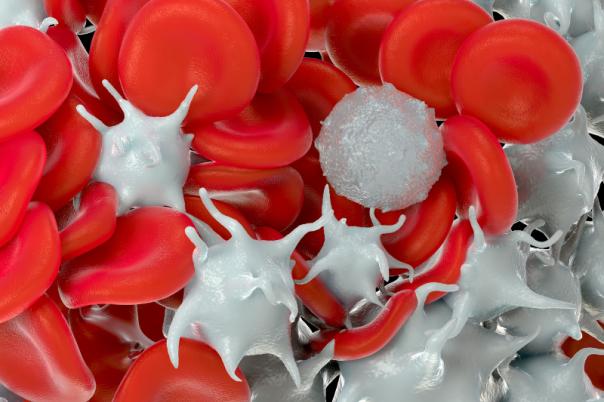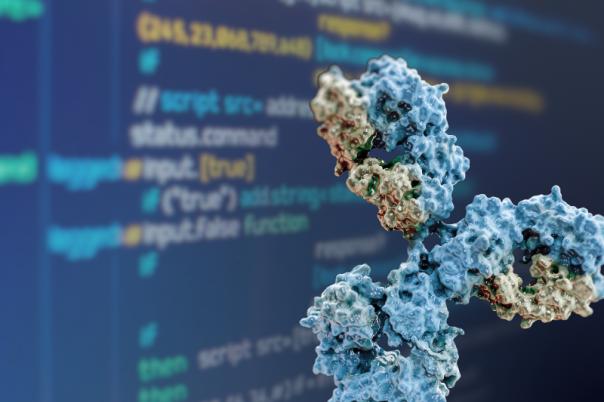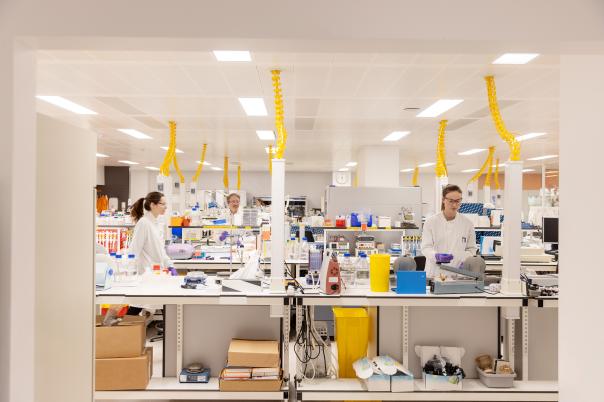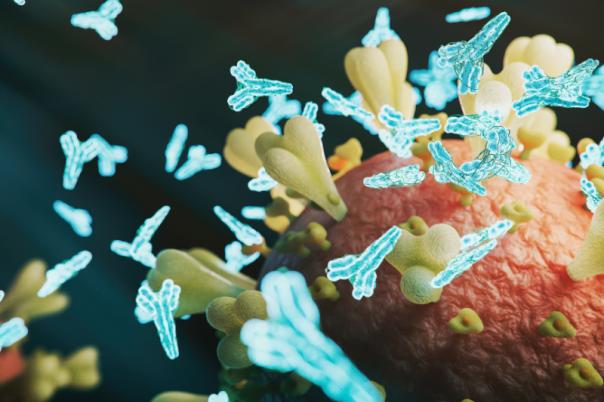Cancer now has a more diverse range of treatment options than ever – one company at the forefront of developing these therapies is AstraZeneca with its vast portfolio of cancer drugs. AstraZeneca’s diverse collection of oncology drugs spans both monotherapies and combinations, and across modalities like ADCs, radioimmunoconjugates, and treatments leveraging synthetic fatality.
Miguel Gaspar, a Director at AstraZeneca, focused his talk on two specific sectors of this portfolio: Immuno-oncology, which aims to activate the immune system against cancer cells, and synthetic immunity which uses engineered cell products like TCR Ts and CAR Ts to target cancer cells lacking existing immunity.
A major problem facing immunotherapy right now is the fact that some patients have cancers that do not respond to immunotherapy. That’s because their T cell receptors (TCRs) do not recognise the targets that their cancer expresses. Therefore, clinicians are turning to synthetic immunity approaches in these cases: creating cell products that artificially recognise tumour antigens.
Other mediators of synthetic immunity include T cell engagers which create a synthetic immune synapse to destroy tumour cells and release inflammatory cytokines, enhancing the therapeutic index. Gaspar discusses the various formats of T cell engagers which have evolved over time, including those with Fc domains to increase half-life and improve clinical dosing.
However, T cell engagers can have major toxicity challenges, something that AstraZeneca have focused their efforts on combatting. For example, toxicities like immune effector cell-associated neurotoxicity syndrome (ICANS), cytokine release syndrome, and on-target off-tumour toxicities are significant challenges for T cell engagers.
Gaspar outlined how AstraZeneca are engineering safer T cell engagers in response to these toxicity challenges. Reducing CD3 affinity in T cell engagers can decrease cytokine release while maintaining cytotoxicity, improving the therapeutic index.
Finally, the presentation features AstraZeneca’s T cell engager AZD5863 which has a reduced CD3 affinity. It targets CLDN18.2, which is highly expressed in gastric, gastroesophageal junction, and PDAC cancers. Gaspar rounded out the talk by showing off AZD5863’s promising activity and reduced cytokine release.






